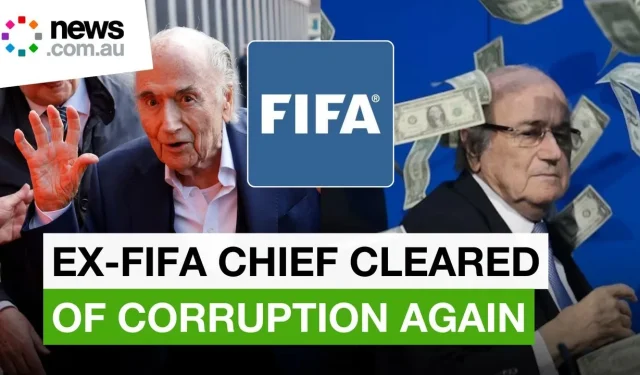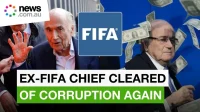In a significant legal development, a Swiss court has officially cleared former FIFA President Sepp Blatter and renowned French soccer player Michel Platini of corruption charges. This ruling, announced on Tuesday, marks the conclusion of an extensive legal battle that has spanned several years and has drawn considerable attention from the global sports community.
Background of the Case
The corruption charges against Blatter and Platini initially arose from a payment of 2 million Swiss francs (approximately $2 million) made by FIFA to Platini in 2011. Both figures have maintained that the payment was for consulting work, but prosecutors argued it was a corrupt act. The case has been trying to determine the legitimacy of this transaction, which was scrutinized amidst wider corruption allegations swirling around FIFA during and after Blatter’s presidency.
Timeline of Legal Proceedings
This recent ruling comes two and a half years after Blatter and Platini were first acquitted of the charges. The earlier acquittal was a relief for both men, but the legal uncertainties continued as public scrutiny and media attention remained relentless. The latest decision not only confirms their innocence again but also underscores the challenges inherent in prosecuting individuals at such high levels within global sports organizations.
Reactions from the Soccer Community
The response from the soccer community has been mixed but largely supportive of the court’s decision. Fans and stakeholders have voiced relief, with many seeing it as a vindication of both Blatter and Platini, especially as they have argued for years over the misunderstandings surrounding their conduct. Given Blatter’s long and controversial tenure at FIFA, some believe this ruling might not entirely quiet detractors who continue to question the integrity of past FIFA administrations.
Potential Implications for FIFA and Sports Governance
The implications of this ruling extend beyond the individuals involved. FIFA, which has faced continuous scrutiny regarding its governance and ethical practices, may face renewed calls for reform and transparency. With Blatter’s ruling clearing the way for a potential re-evaluation of governance in global soccer, discussions about better regulation and oversight are likely to gain momentum.
Future Perspectives
The acquittal of Blatter and Platini does raise questions about the future of legal accountability in sports governance. While this ruling brings a sense of closure to Blatter and Platini, it may also highlight the difficulties involved in prosecuting complex financial dealings in the world of international sports. As public sentiment evolves, stakeholders will be watching closely to see how FIFA adapts to the ongoing scrutiny and what changes might be implemented moving forward.
In conclusion, the Swiss court’s decision not only clears two prominent figures in the sport but also signifies an essential moment in the ongoing push for accountability and ethical governance in sports organizations worldwide.


